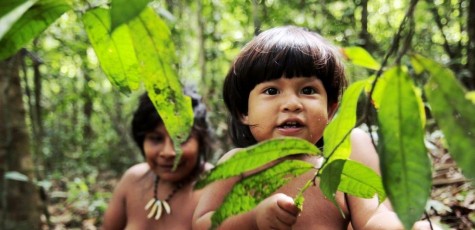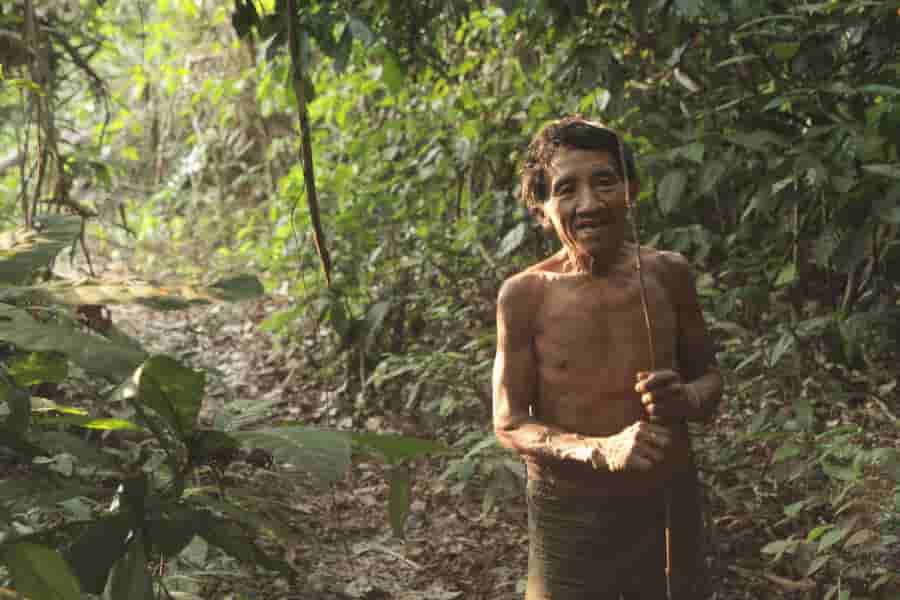

The following hapū are based around Matatā and on Motiti Island:

Te Kahupāke, based in the area of Te Teko.Te Pahipoto, based at Kokohinau (Tuhimata) marae and Oruatapare wharenui.Ngāti Hāmua, based at Te Māpou marae and Rongotangiawa wharenui.The following hapū are based around Te Teko and Edgecumbe: Ngāti Hikakino, based at Puawairua marae.Te Whānau o Tariao Tapuke, based at Rangimarie marae and Rarawhati wharenui.Ngāti Tamapare, based at Rewatu marae and Ueimua wharenui.Ngāti Rangataua, based at Rangataua marae.The following hapū are based around Poroporo and Paroa: Ngāi Taiwhakaea II, based at Taiwhakaea marae and Taiwhakaea II wharenui.Ngāi Te Rangihouhiri II, based at Te Rangihouhiri II marae.Warahoe, based at Tokitareke marae and Te Puna o Te Orohi wharenui.Te Patuwai me Ngāti Maumoana, based at Toroa marae.Ngāti Wharepaia, based at Te Hokowhitu a Tū ki te Rāhui marae and Te Hokowhitu a Tūmatauenga wharenui and Te Whare o Toroa marae.Ngāti Hokopū, based at Te Hokowhitu a Tū ki te Rāhui marae and Te Hokowhitu a Tūmatauenga wharenui, and at Te Whare o Toroa marae.The following hapū are based around Whakatāne and Coastlands:

On settlement the Ngāti Awa Research Centre that was established in 1989 to generate research for the Waitangi Tribunal claim became Ngāti Awa Research and Archives. Three locations were renamed in accordance with original Ngāti Awa place names.The Crown agreed to return control of seven sites of historical and cultural significance to the iwi.The Crown paid NZ$42.39 million in reparations to Ngāti Awa.The New Zealand Government ('the Crown') acknowledged and apologised for the illegal confiscation of Ngāti Awa land during the New Zealand Wars.In 2003, following almost ten years of negotiations between the New Zealand Government and Ngāti Awa, a settlement was announced and reparations were made to the iwi. In the nineteenth century Ngāti Pūkeko were considered a separate iwi, but they are currently considered a hapū of Ngāti Awa. However, in 1999, the Waitangi Tribunal determined that the confiscation of Ngāti Awa land in the New Zealand Wars by the British Crown was illegal, and in 2003 a settlement was reached between Ngāti Awa and the New Zealand Government. However, the New Zealand Wars of the 1860s resulted in the British Crown confiscating more than 1,000 km² of Ngāti Awa land.įor more than a century afterwards, Ngāti Awa remained an aggrieved, struggling people. Ngāti Awa initially had good trading relations with European settlers.

Ngāti Awa was frequently at war with neighbouring iwi, including those with similar ancestry. Descendants of Awanuiarangi II eventually formed their own iwi, Ngāti Awa, named after their ancestor. Awanuiarangi II was a chief descended from Toroa, captain of the Mātaatua. One group eventually settled in the eastern Bay of Plenty, whose descendants would eventually found the iwi.Īwanuiarangi II is recognised as the eponymous ancestor of Ngāti Awa. Initially, the tribe controlled a large area in Northland, but conflicts with other northern iwi resulted in a southward migration. The Mātaatua settlers established settlements in the Bay of Plenty and Northland. Ngāti Awa traces its origins to the arrival of Māori settlers on the Mātaatua waka (canoe). History Carving representing Tihori, ancestor of the Māori tribe Ngāti Awa of Bay of Plenty, New Zealand. Two urban hapū also exist in Auckland ( Ngāti Awa-ki-Tamaki) and Wellington ( Ngāti Awa-ki-Poneke). The Ngāti Awa people are primarily located in towns on the Rangitaiki Plain, including Whakatāne, Kawerau, Edgecumbe, Te Teko and Matatā. It is made of 22 hapū (subtribes), with 15,258 people claiming affiliation to the iwi in 2006. Ngāti Awa is a Māori iwi (tribe) centred in the eastern Bay of Plenty Region of New Zealand. Pūtauaki, ancestral mountain of Ngāti Awa.


 0 kommentar(er)
0 kommentar(er)
